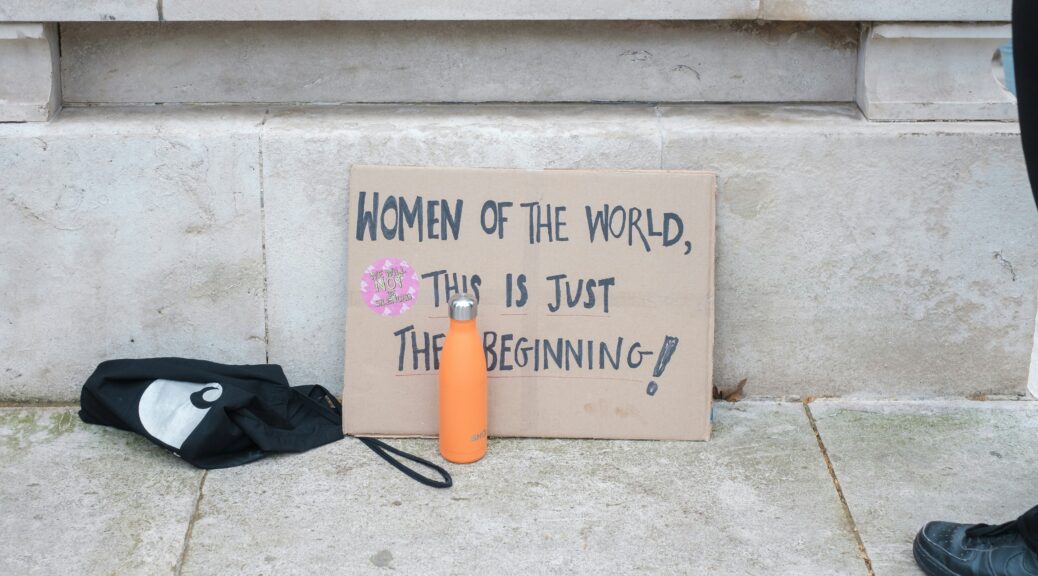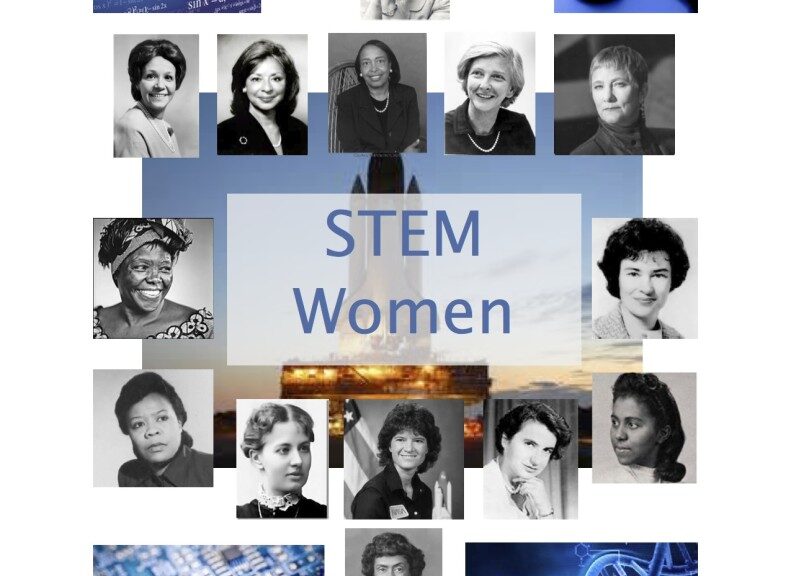Celebrating Women Who Advocate for Equity, Diversity, and Inclusion

Whereas, March is National Women’s History Month, and the National Women’s History Alliance has designated the theme for Women’s History Month 2024 as “Women Who Advocate for Equity, Diversity, and Inclusion”; and
Whereas, this theme recognizes the invaluable contributions of women who have dedicated themselves to advocating for equity, diversity, and inclusion in all aspects of society; and
Whereas, women from diverse backgrounds have long been at the forefront of efforts to address systemic inequities and promote a more inclusive and just society; and
Whereas, the courageous advocacy of women for practical goals such as equity, diversity, and inclusion serves as a beacon of inspiration for all individuals and communities; and
Whereas, in 2024, we honor the women who have tirelessly worked to dismantle barriers, challenge prejudices, and create opportunities for all individuals, regardless of their background and attacks against Diversity, Equity, and Inclusions programs and training in our institutions;
Now, therefore be it resolved, that the American Diversity Report does hereby proclaim March 2024 as Women’s History Month in Tennessee and
Be it further resolved that, We encourage our communities and organizations to celebrate the achievements of women who have championed equity, diversity, and inclusion, and reaffirm our commitment to advancing these principles in our society. Let us honor the women who have dedicated themselves to advocating for equity, diversity, and inclusion, and let us continue to work together to build a more just, equitable, and inclusive world.



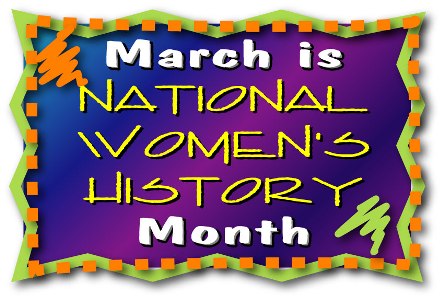

 Deborah Levine is Founder/Editor-in-Chief of the American Diversity Report,
Deborah Levine is Founder/Editor-in-Chief of the American Diversity Report,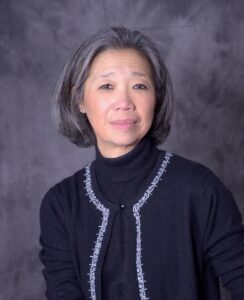 LuLu Copeland is a Consultant at Regional Economic & Workforce Development, Director of Economic & Workforce Development Administration at Chattanooga State Community College and Executive Director at TN-China Network. Lulu is the TN state lead for Million Women Mentors (international movement promoting STEM careers for women).
LuLu Copeland is a Consultant at Regional Economic & Workforce Development, Director of Economic & Workforce Development Administration at Chattanooga State Community College and Executive Director at TN-China Network. Lulu is the TN state lead for Million Women Mentors (international movement promoting STEM careers for women).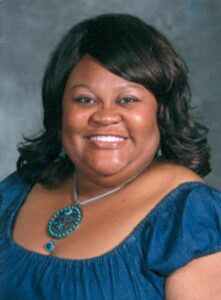
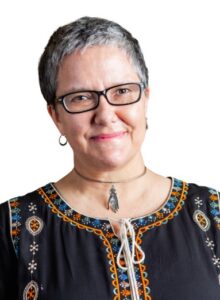 Teletha McJunkin has roots in social work where she first learned how to listen deeply and communicate with diverse stakeholders. For the past 8 years, she has been leading and coordinating international, multicultural, multi-lingual teams as they navigate change and develop strategies in the areas of human and environmental rights.
Teletha McJunkin has roots in social work where she first learned how to listen deeply and communicate with diverse stakeholders. For the past 8 years, she has been leading and coordinating international, multicultural, multi-lingual teams as they navigate change and develop strategies in the areas of human and environmental rights.
